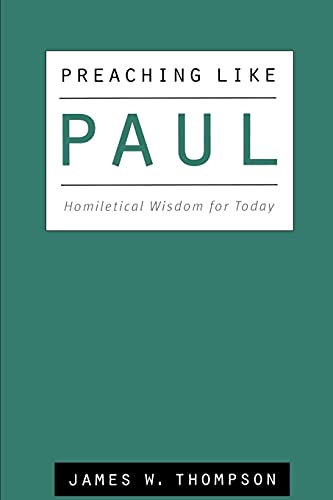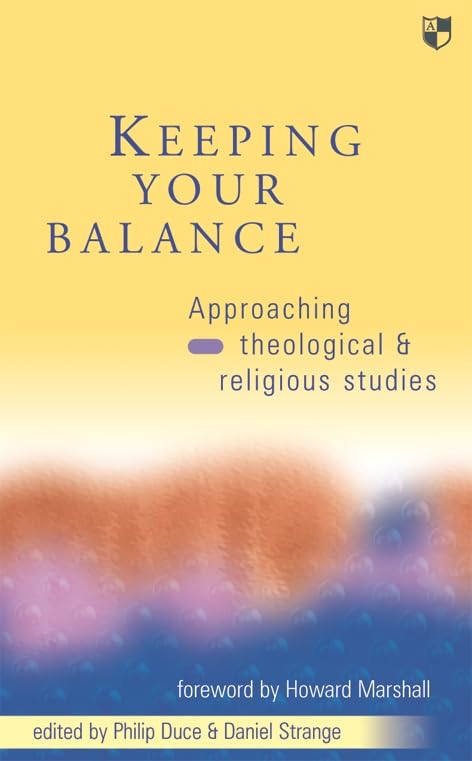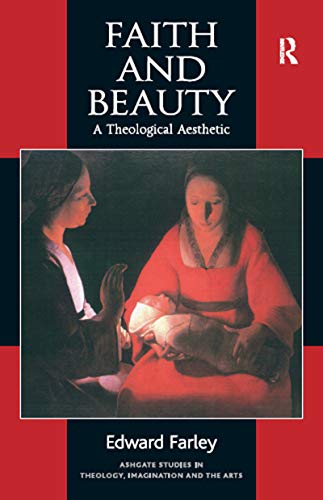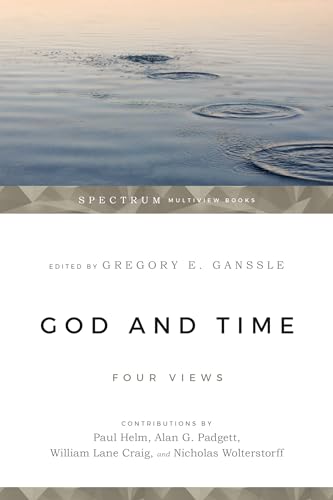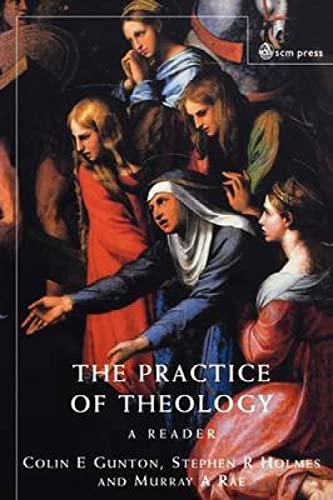Volume 28 - Issue 2
Desert Island Theology
By Carl TruemanA student emailed me this morning and asked me a question which is, I think, probably worth sharing with the wider world: what were the most important Christian books ever written. The question is not uncommon—I have faced it at least a dozen times in as many years, and I suspect that my own intellectual wanderings have meant that each time I have undertaken to provide an answer my list has been somewhat different. After all beyond the Biblical canon one’s selection of ‘great’ Christian books is inevitably subjective and open for discussion. In addition, my favourite books are not necessarily those with which I agree; they are rather those that have stimulated and challenged me the most, morally and intellectually, often by making me rethink cherished positions even when I do not ultimately come to agree with the author. So for what it is worth here are the books which, if I were cast away on a desert island today, I would take with me (in addition to the Bible, of course; and, by the way, my luxuries would be a never-ending jar of Marmite, and, for sheer entertainment, the complete novels of Raymond Chandler).
In chronological order
Augustine’s Confessions. Simply the greatest piece of Christian autobiography ever written. A book which is still remarkably fresh and modern today. I read this book every year with a class of students and never fail to be both stimulated and educated by its contents. The genius of Augustine lay in his ability to take pagan genres of literature and deploy them for distinctively Christian purposes. In this work he lays out his journey from rebellious child to philosophical seeker to Christian believer, and casts the whole as a prayerful address to God. Then, in the last three books, he universalises his experience of exodus and returns to the level of a cosmic struggle. Along the way, the descriptions of the agony of Augustine’s mother, as she longs for her son to turn to Christ, are among the most moving ever penned; and the account of the stealing of pears in which Augustine engages as a youth—pears which he never really wanted anyway, just stole for the fun of it—brings out, through its very triviality, the pointless malice and mediocrity that is sin. A stunning book with no rivals in the genre, and one of the first pieces of writing to grasp the profundity of Paul’s teaching on sin and thus to internalise the problem of sin and evil.
Thomas Aquinas, Summa Theologiae. Anyone who wishes to understand late medieval intellectual life or come to grips with the Roman Catholic tradition cannot afford to ignore this work of Thomas. Incomplete at his death, the work is still a brilliant statement of Catholic doctrine. For evangelicals the earlier sections on the doctrine of God are well-worth pondering in depth for, like all great theologians, Thomas has a lot to teach of even—or perhaps especially—at those points where we most degrees with him. Indeed, if you have been wondering why most of decent writing on the doctrine of God in recent years has emerged from Dominican circles, a glance at the Summa may well give you some clue as to the answer. Compare the sophistications of Thomas and his modern followers with the open theists. The comparison is not flattering to the latter.
Martin Luther, The freedom of the Christian. A beautiful book which, perhaps like no other before or since, places freedom—true. Biblically-conceived, Christian freedom-at the centre. Luther, the beer-drinking, life-affirming, foul-mouthed volcano is someone whose extreme views on virtually everything are bound to leave everybody uncomfortable with him on some issue or another. Yet, in an age of such overbearing political and theological correctness, and amidst a Christianity which can so often be so self-absorbed in its own unbiblical asceticism or therapeutic self-absorption, this little work from 1520 (the greatest year for Luther’s theology in my opinion) is a masterpiece. In it Luther brings to the fore the greatness that is our salvation in Christ, the way in which it is utterly unmerited, and the fact that, from beginning to end, our status before God’s entirely a manner of Christ’s work, not ours, I know that great debates rage concerning the accuracy or otherwise of Luther’s reading of Paul, but the two certainly had one thing in common-both were accused of preaching antinomianism, of making grace, if you like, too free. I would suggest that the lesson of this is that, if we are never accused of doing the same, we may well not be communicating the freeness of the gospel in the way that these men did. Read this book and ponder how it should shape your understanding of the gospel.
Blaise Pascal, Pensees. A difficult, aphoristic book which challenges and confuses in equal measure, Pascal, a great scientist, was also a leading member of the Jansenist movement within Catholicism-a movement committed to maintaining the great Pauline emphasis on God’s sovereign grace which we find in all the greatest Christian writers. Yet this book is so much more than a collection of theological thoughts. It probes the inner workings of the human soul and challenges readers at every turn to rethink their own thoughts in the light of the great truth of Christ’s cross. This is no textbook of doctrinal logarithms, it is an example of an individual engaging in a hard and agonising struggle with the claims of God’s word on his life. And you will never think of the word ‘fire’ in quite the same way again.
John Bunyan, Pilgrim’s Progress. A work which needs no introduction. Like many great allegorical works, such as Animal Farm, it can be read with great profit by children and by adults, by those new to it and by those who have turned its pages many times. A vastly superior work to Bunyan’s despair-riddled (and, I suspect, despair inducing) account of his own conversion, Grace Abounding, this book has been read by Christians from all traditions and continues to be a best-seller down to the present day, If you have not read it-shame on you, and I envy you the joy of discovery that awaits.
Some Kierkegaard, Journals, Kierkegaard is much-maligned in evangelical circles and certainly he does not fit into the typical evangelical framework. Yet few Christian writers have had the impact upon me as has this tormented. Dane I remember as a postgraduate finding a battered copy of selection from his journals in a second hand bookstore and reading a from cover to cover within a very few days. What struck me above all was his passionate engagement with the truth: something must not simply be true, it must be true for you. This is not the claim of a twentieth-century existentialist, reducing truth to the act of commitment, but it is rather a clear reiteration of non-negotiable need for Christians to be completely and utterly committed with every fibre of their being to the truth. Christianity is not objective; it cannot be neatly packaged in a box and hidden away in some part of our lives; it grips us and devours us, setting us on fire and giving us an urgency in our lives.
Simone Weil, Waiting for God, Weil is surely one of the most fascinating and enigmatic thinkers of the twentieth-century. This posthumously published work consists of a series of letters from Weil to a Catholic priest. Of particular note is the urgency with which Weil sees, Christianity and God as demanding identification with the poor, the suffering and the marginal. Again, as with the works by Aquinas and Kierkegaard, this is not a book to read in order simply to imbibe information in an uncritical manner; it is rather a book which reveals someone wrestling with the deepest issues of human existence. Maybe the answers are not all adequate, but the brutal honesty and pain of Weil’s struggle, and the passion with which she pursued her intellectual and moral goals, are something from which we can all learn. Weil is a modern day Pascal and we ignore her to our own moral and spiritual impoverishment.
These, then, are my desert island books. I could have chosen others which have meant a lot to me over the years, such as John Calvin’s Institutes, John Owen’s Pneumatologia, and the writings of J. I. Packer. These would have been good companions; but reading widely, and especially reading material which does not simply echo my own thoughts back to me, is important for maintaining a humble and thoughtful stand as a Christian. This is one of the things which, in my experience of higher education, separates the Christian from the liberal-the ability to read material from outside one’s chosen camp in a manner which shows that one is willing to listen and to learn while at the same time not capitulate to every new wind of doctrine or putative scholarly consensus. The above list would, I think, help to keep me on my intellectual and moral toes while waiting for the ship to rescue me. And the idea of plenty of Marmite and lots of Raymond Chandler does have a certain appeal …
Carl Trueman
Carl Trueman is Professor of Biblical and Religious Studies at Grove City College in Grove City, Pennsylvania.


